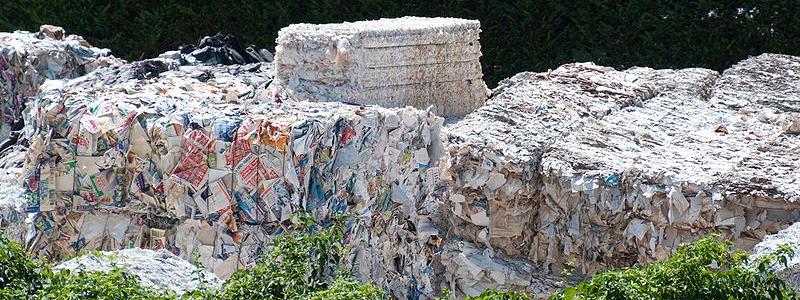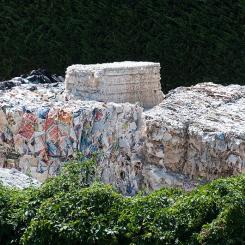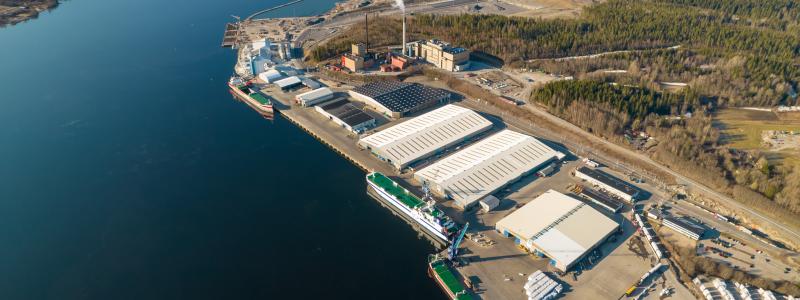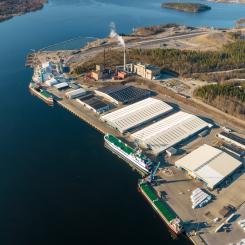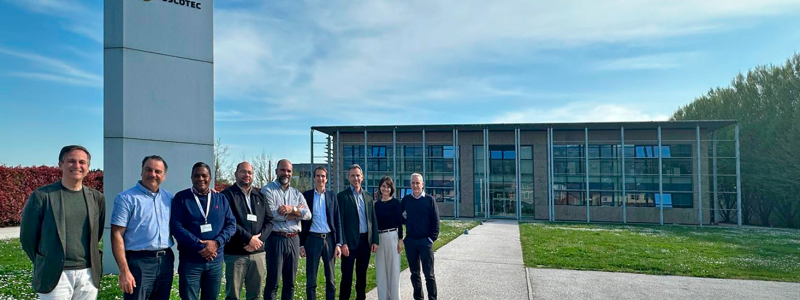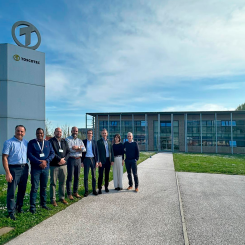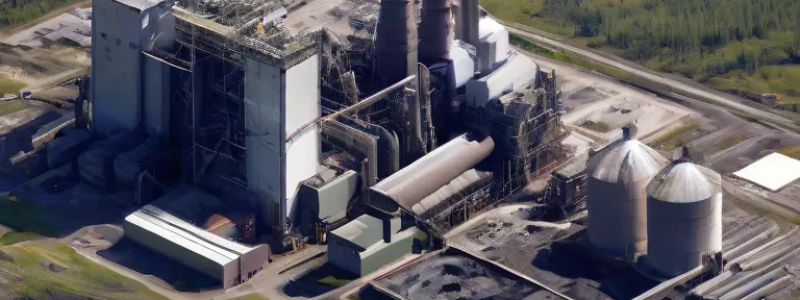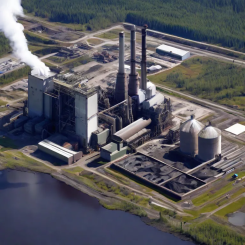The Board of Executive Directors of the World Bank recently approved a US$40.71 million loan to the Republic of Belarus for a new Forestry Development Project designed to enhance silvicultural management, reforestation and afforestation, increase the use of felling residues, and increase the overall contribution of forests to sustainable development. The project is also financed by a grant from the Global Environment Facility in the amount of US$2.74 million.
“We are building on our prior engagement which helped to outline a long-term strategic vision for forestry sector development in Belarus and has brought tangible results through institutional and policy development,” said Mr. Young Chul Kim, World Bank Country Manager for Belarus. “The new forestry development project will help to modernize several aspects of forestry sector operations, and protect and enhance the quality of the forest resources. For instance, it will provide direct support to 25,000 employees of 88 forest enterprises by generating better jobs in the rural forested areas that require skilled and semi-skilled workers. The enhanced efficiency in forest enterprises is expected to bring benefits to the wood processing and wood energy sectors further downstream.”
Belarus is one of the most forested countries in Europe and Central Asia with forest area accounting for nearly 40 percent of the territory and contributes about 2 percent of the GDP. The Government recognizes the importance of institutional change, investment, new technologies and capacity building in the forestry sector, as well as the need to respond in a sustainable manner to a growing demand for wood products from both the wood processing and wood energy enterprises.
“By 2020, four million hectares of forests outside the protected areas will be managed in a manner friendlier to biodiversity,” noted Mr. Andrew Mitchell, World Bank Project Team Leader. “Investments in goods and machinery will support further development and intensification of silviculture, including the purchase of 74 modern forest harvesters, needed for younger-aged thinning operations, and 52 forwarders. Six new heavy-duty chippers will help to utilize wood waste and woody biomass from felling and logging operations, which currently are simply left in the forest to rot, wasting the calorific value therein and creating a fire hazard.”
The project will also facilitate modernization of forest nurseries to produce container-grown seedlings of improved quality.




